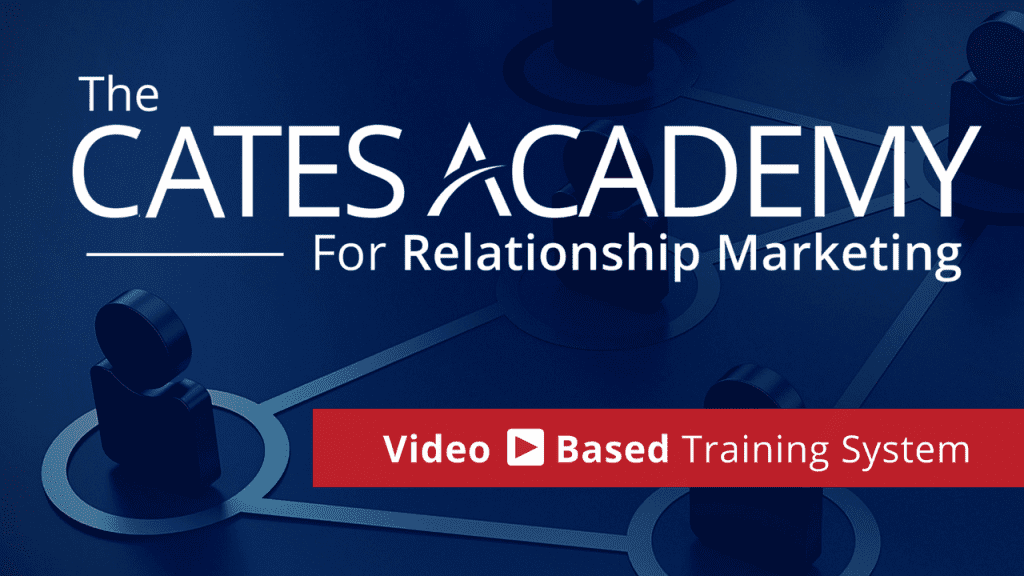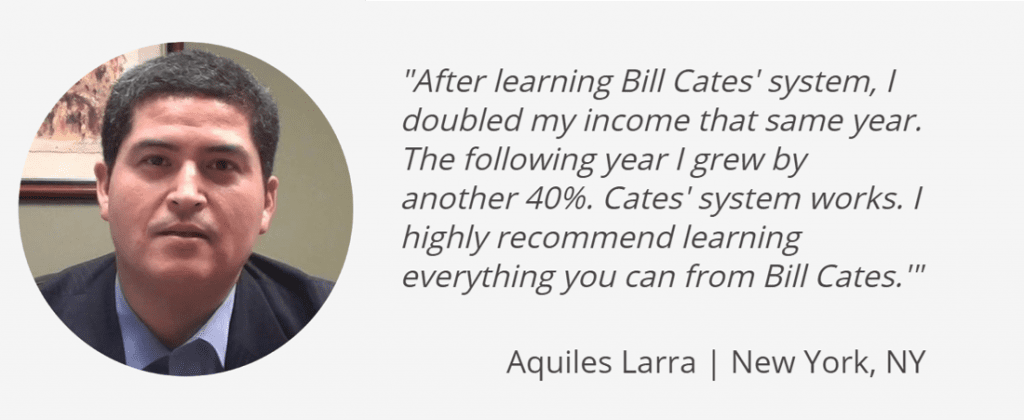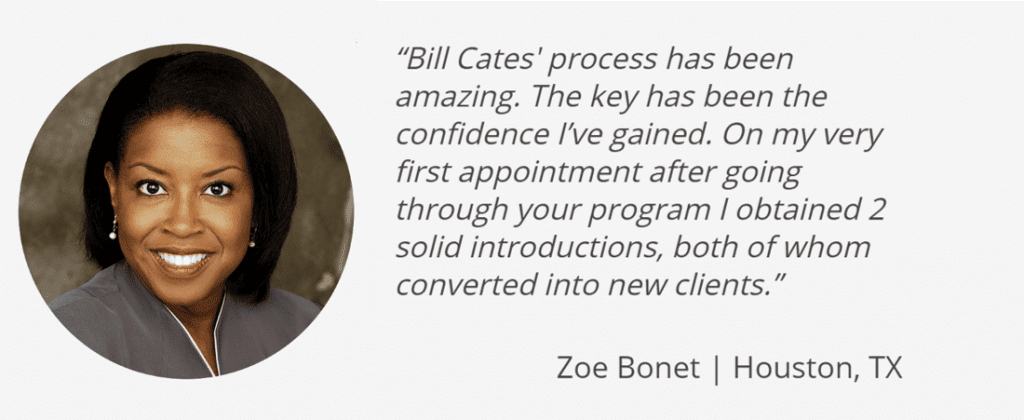Are you maximizing your full value? Ensure clients recognize your true worth.

Do you and your team know all the value you can bring to your client’s lives?
Do your clients know all the value you bring or can bring to their lives?
Consider these two thoughts:
- It is engaged clients who provide the most referrals/introductions. And 50% of the client engagement equation is the value connection you make with your clients.
- When formulating how you message your value to prospects, clients, and centers of influence, it’s a great idea to take inventory of all the ways you bring value to your clients. Your value positioning statement (or elevator pitch) should pull from your complete value proposition.
What Financial Advisors Do – Formulate Your Complete Value Proposition
Working with your team (if you have one), make a list of all the big and little ways you create a value connection with your prospects and clients. Consider what you might add to your current value offering. Unless you’ve decided to be a highly focused specialist, be careful to not be viewed as a one-trick pony.
Here’s a list of what other advisors have added to their Value Proposition to get you started:
- Assessment of Current Financial Status: They review a client’s current financial situation, including assets, liabilities, income, and expenses.
- Understanding Clients’ Financial Goals: They conduct initial interviews to understand their clients’ short-term and long-term financial objectives.
- Risk Tolerance Analysis: They evaluate the client’s risk tolerance to develop an investment strategy that aligns with their comfort level and financial goals.
- Retirement Planning: They help clients plan for retirement by assessing their retirement goals and suggesting investment strategies.
- Tax Planning: They assist in minimizing the tax burden by recommending tax-efficient investment strategies and financial decisions.
- Budgeting: They assist in creating and maintaining a budget, helping clients manage their income and expenses effectively.
- Debt Management or Elimination: They offer guidance on managing and reducing debt, including strategies for loan repayment and consolidation.
- Investment Planning: They develop an investment portfolio that fits the client’s risk tolerance and financial goals.
- Estate Planning: They help clients plan for estate taxes and inheritance details, often working with legal professionals.
- Insurance Planning: They analyze existing insurance coverage and suggest any necessary additions or changes.
- Education Planning: They aid in developing saving strategies for future education costs, such as for a child’s college education.
- Cash Flow Analysis: They monitor and analyze cash flow, ensuring income exceeds expenses and identifying areas for improvement.
- Creating Financial Plan: They compile all the gathered information into a comprehensive financial plan that outlines strategy and steps to reach the client’s goals.
- Implementing the Financial Plan: They assist clients in executing the recommended strategies within the financial plan.
- Continuous Monitoring of the Financial Plan: They regularly review and adjust the financial plan based on changes in the client’s life, economic trends, or financial laws and regulations.
- Savings Strategies: They provide advice on best practices for saving and building wealth over time.
- Investment Monitoring: They track the performance of the investments in the client’s portfolio and suggest changes when necessary.
- Providing Market Updates: They keep clients informed about the market conditions and how these conditions might affect their investments.
- Regular Client Meetings: They conduct regular meetings to review progress, make adjustments, and address any new goals or changes in circumstances.
- Philanthropic Planning: They help clients who wish to donate to charities by recommending tax-efficient giving strategies.
- Liaising with Other Professionals: They coordinate with other professionals like tax consultants, attorneys, and estate planners for a holistic approach to a client’s financial health.
- Emergency Planning: They guide clients in preparing for financial emergencies, advising on the establishment of emergency funds and other safeguards.
- Behavioral Coaching: They counsel clients on maintaining discipline in their financial habits, especially when it comes to investing, to avoid making decisions based on emotions or short-term market fluctuations.
- Keeping Up with Financial Laws and Regulations: They continuously educate themselves on changes in laws and regulations that could affect their clients’ financial situations.
- Succession Planning: For business owners, they help in planning the transition of the business to the next generation or preparing for its sale.
- Social Security Optimization: Advisors help clients determine the best time to start taking Social Security benefits to maximize the total amount they receive over their lifetime.
- Healthcare Planning: Advisors assist in planning for healthcare costs, including potential long-term care expenses in retirement.
- Divorce Financial Planning: In cases of marital separation, they guide clients through the financial implications and decisions involved in a divorce.
- Charitable Trust Management: Advisors can help establish and manage charitable trusts for those clients who are interested in significant philanthropic giving.
- Family Financial Education: They can provide financial education for clients’ children or other family members to ensure financial literacy is passed on to the next generation.
- Life Transition Planning: They guide clients through major life transitions like career changes, relocation, or the loss of a spouse, providing financial stability.
- Financial Gerontology: Some advisors specialize in financial planning with a focus on the unique needs and considerations of older adults, such as issues related to retirement, health care, estate planning, and survivorship.
- Sustainable and Ethical Investing: Advisors help clients align their investments with their personal values, focusing on companies that prioritize environmental, social, and governance (ESG) factors.
- Business Sale Planning: They help business owners who are looking to sell their business, providing guidance on valuation, finding buyers, and tax-efficient sale strategies.
- Expat Financial Planning: Advisors help clients living abroad navigate the financial complexities associated with having assets, income, and/or expenses in multiple countries, including understanding and planning for the tax implications.
What did I leave out? What would you add to this list?
2 Action Steps
- Make your own comprehensive list. Leave no “value stone” unturned.
- Share your list with prospects, clients, and centers of influence. Make sure you and everyone in your world grasp your full value.
Virtual Referral Training is Here
Are you ready to grow your business … and change your life?
You can learn and implement our proven process while working from home or not seeing clients and prospects face to face.
Get the details and join us: www.CatesAcademyIndividuals.com







